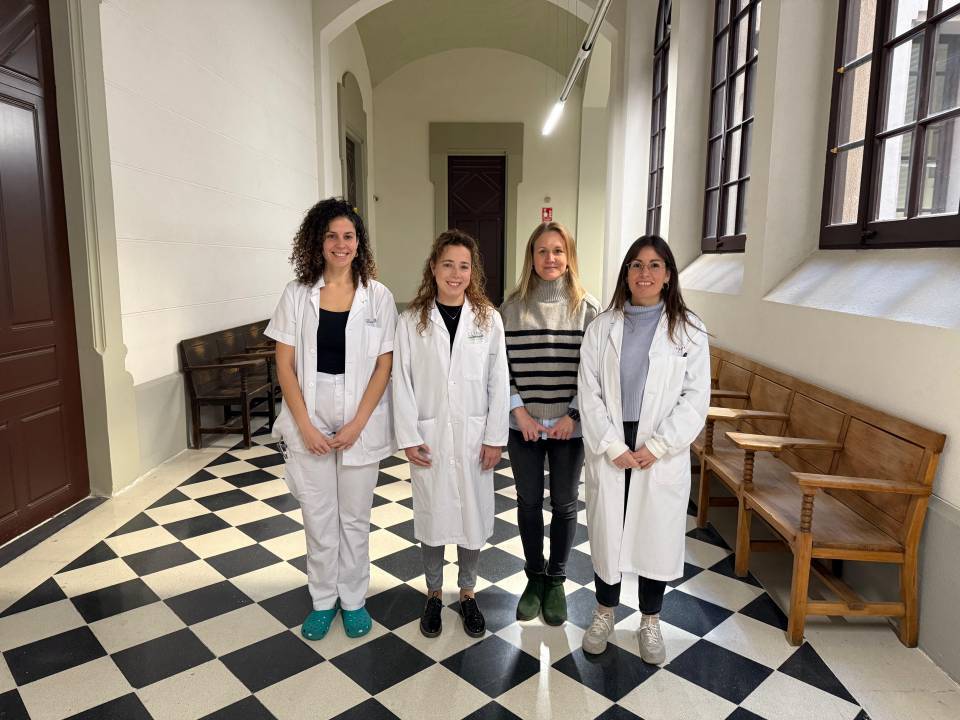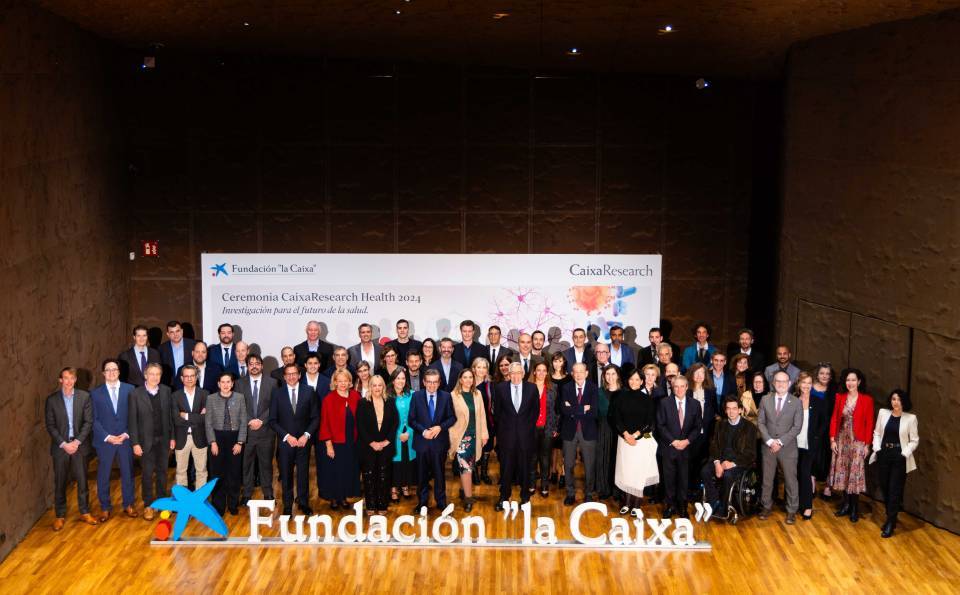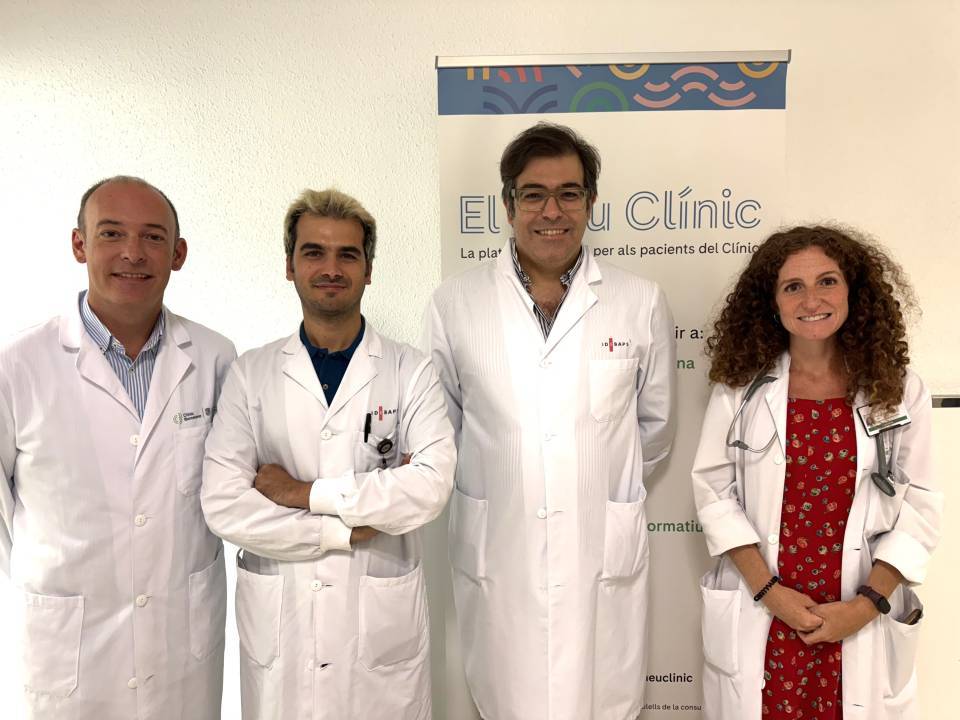Substantiated information by:

Aleix Prat Aparicio
Oncologist
Oncology Department

Ana Rodríguez García
Nurse
Oncology Department

Bárbara Ádamo
Oncologist
Oncology Department

Montserrat Muñoz Mateu
Oncologist
Oncology Department
Published: 20 February 2018
Updated: 20 February 2018
The donations that can be done through this webpage are exclusively for the benefit of Hospital Clínic of Barcelona through Fundació Clínic per a la Recerca Biomèdica and not for BBVA Foundation, entity that collaborates with the project of PortalClínic.
Subscribe
Receive the latest updates related to this content.
Thank you for subscribing!
If this is the first time you subscribe you will receive a confirmation email, check your inbox
An error occurred and we were unable to send your data, please try again later.











